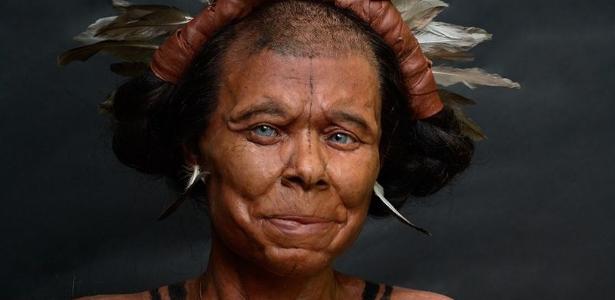The Return Of The Stolen Artefacts
On June 19, 2025, Nigeria achieved a historic milestone as 119 Benin Bronzes were formally repatriated by the Netherlands, marking the largest single batch of artefacts returned since the global restitution movement began.
These invaluable cultural relics, looted by British forces during the infamous 1897 Punitive Expedition, have adorned the halls of European museums and private collections for over a century, while the communities from which they were stolen suffered cultural deprivation.
This repatriation is not merely symbolic; it is a powerful vindication of decades of advocacy by Nigerian historians, traditional institutions, particularly the Benin Royal Court, and the broader global movement for de-colonisation of museums.
The return of these artefacts is not simply about correcting historical theft; it represents a reckoning with the deep scars of imperial plunder, identity erasure, and cultural fragmentation inflicted by colonialism. The leadership of the Netherlands in this case must be acknowledged. Unlike other European countries still hesitating under the guise of “universal heritage,” the Dutch government recognised the moral imperative to return stolen heritage and acted with clarity. By doing so, they have raised the bar for ethical diplomacy and cultural justice. Britain, Germany, and France institutions must now follow suit without caveats, conditional loans, or bureaucratic delays.
However, amid the celebrations, we must not overlook the complex questions raised due to the return of these symbolic pieces. What will Nigeria do with these artefacts? Where will they be housed? Are the museums technically, financially, and curatorially prepared to conserve and display them to global standards? This concern is genuine, not imagined. Several returned artefacts from Germany and the UK have been subject to disputes between federal institutions and the Oba of Benin over rightful custodianship. Additionally, the deteriorating state of many national museums raises significant worries about preservation and security.
In March 2023, shortly before he left office, Muhammadu Buhari, then president of Nigeria, publicly declared in an official government gazette that Oba Ewuare II — the king of Benin — was the rightful owner of the Benin Bronzes. This action by the Former President reignited the long feud between the Benin Royal Palace and the National Commission for Museums and Monuments (NCMM) as to who should be responsible for keeping these returned artefacts. Many African scholars and academics argue that displaying these artefacts as objectified pieces of work behind a pane of glass is something “European”. Mainly because of their spiritual and religious significance. The questions of whether housing the Edo bronzes in government-controlled museums would alter their historical significance and whether keeping them in the royal palace would ensure their original use or merely result in storage behind glass remain largely unanswered.
We believe this is a critical moment for Nigeria to turn moral victory into institutional opportunity. First, the federal and Edo State governments must reach a dignified, transparent agreement with the Benin Royal Court over ownership, access, and exhibition rights. The bronzes were not nationalised loot; they were sacred royal property. Any attempt to subsume their meaning under modern bureaucratic structures would amount to a second injustice. A community-led restitution model rooted in heritage, collaboration, and trust is essential.
Second, the federal government must overhaul the museum infrastructure. A comprehensive national endowment for heritage preservation should be established, drawing from government allocations, private philanthropy, and international cultural cooperation. It is time we saw museums not just as storehouses of the past, but as engines of cultural diplomacy, tourism, and national pride. The proposed Edo Museum of West African Art (EMOWAA) must be fast-tracked as a world-class facility, not merely a physical space, but a symbol of how Africa reclaims and reinterprets its history on its terms.
In the meantime, it is pertinent to emphasise the urgency of educating the citizens about the significance of the bronzes, not only as artistic masterpieces but as tangible links to our collective memory and political legacy. These artefacts tell the story of a literate, organised, diplomatically savvy kingdom, and artistically advanced long before colonial intrusion. Their return should spark national conversations on cultural pride, historical truth, and intellectual sovereignty.
The return of the Benin Bronzes from the Netherlands is a turning point, but it must not be the journey’s end. It is a prompt to reform the nation’s cultural institutions, to honour traditional authorities, and to redefine heritage as something to be protected, not politicised. Let this homecoming mark the beginning of a new era – one in which Nigeria, in particular, and Africa, in general, no longer begs for what is hers, but builds the moral, institutional, and historical foundation to hold and honour it forever.
It is also important to point out that it will be a shame if, by any means, the returned objects are stolen and resold to anyone.
We’ve got the edge. Get real-time reports, breaking scoops, and exclusive angles delivered straight to your phone. Don’t settle for stale news. Join on WhatsApp for 24/7 updates →
Join Our WhatsApp Channel










